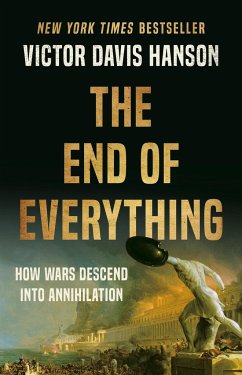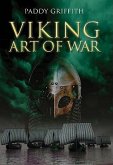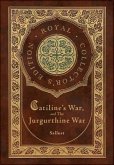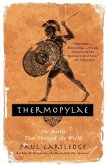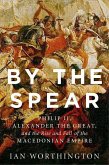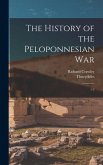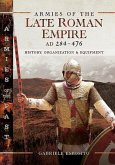A New York Times–bestselling historian charts how and why societies from ancient Greece to the modern era chose to utterly destroy their foes, and warns that similar wars of obliteration are possible in our time War can settle disputes, topple tyrants, and bend the trajectory of civilization—sometimes to the breaking point. From Troy to Hiroshima, moments when war has ended in utter annihilation have reverberated through the centuries, signaling the end of political systems, cultures, and epochs. Though much has changed over the millennia, human nature remains the same. Modern societies are not immune from the horror of a war of extinction. In The End of Everything, military historian Victor Davis Hanson narrates a series of sieges and sackings that span the age of antiquity to the conquest of the New World to show how societies descend into barbarism and obliteration. In the stories of Thebes, Carthage, Constantinople, and Tenochtitlan, he depicts war’s drama, violence, and folly. Highlighting the naivete that plagued the vanquished and the wrath that justified mass slaughter, Hanson delivers a sobering call to contemporary readers to heed the lessons of obliteration lest we blunder into catastrophe once again.

